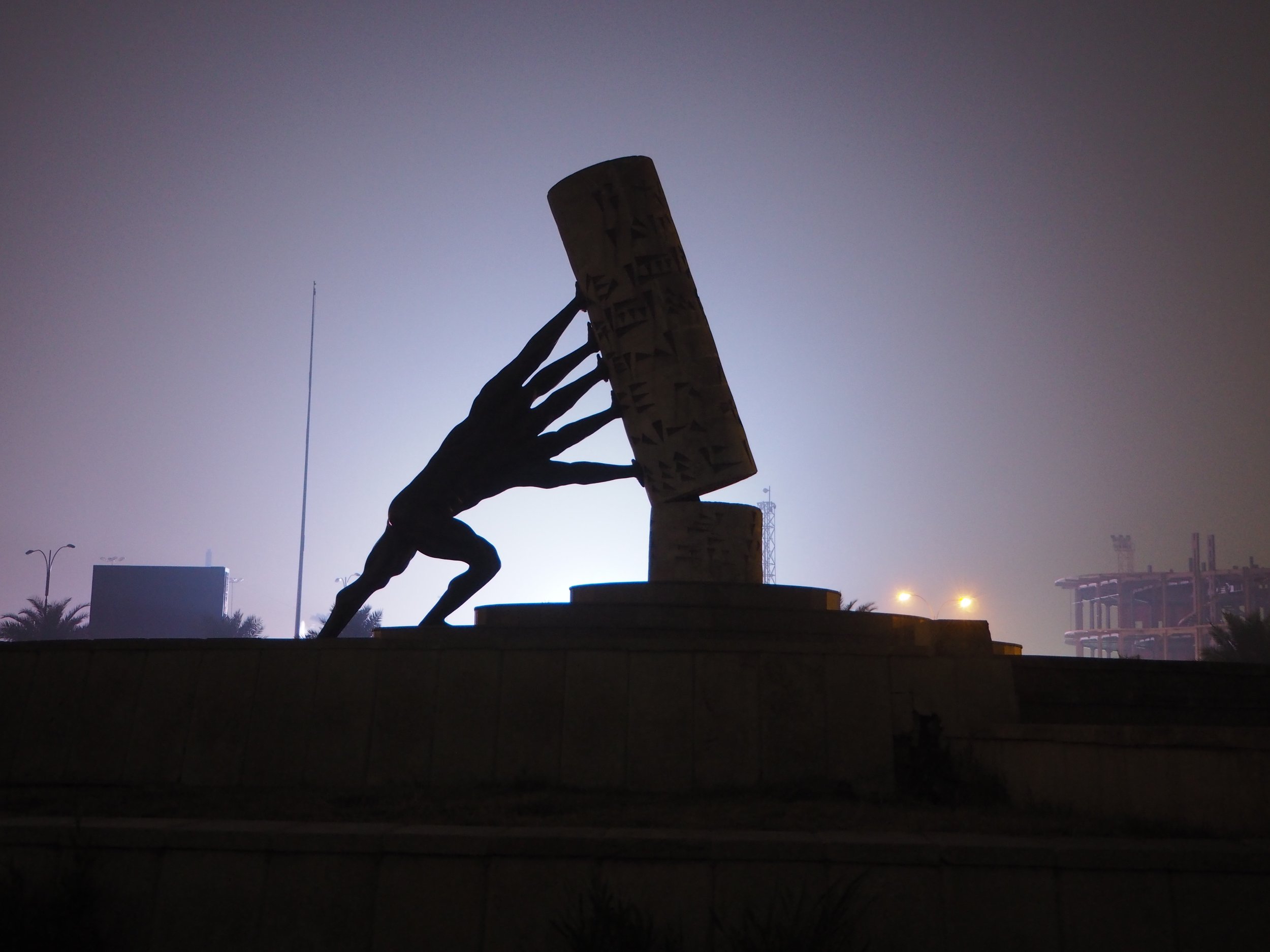Staying connected in Iraq
You should have no problems keeping in touch with your loved ones back home during your time in Iraq, as the communication systems are pretty functional and there is decent mobile coverage across much of the country. There is also free and sporadically functional wi-fi at Baghdad airport.
Your mobile is likely to work in Iraq, as your network provider will automatically connect to a local network. However, using this will probably be extremely costly. For example, one British network charges £2.00 per minute to either make or receive a call, with text messages costing £0.50 to send (free to receive) and data charged at £7.20 per MB, the latter of which is now (thankfully) capped.
Although such costs may seem expensive but manageable, unless you have a ‘spend cap’ it can be easy to inadvertently rack up a several-hundred pound phone bill in just a week. Therefore, if you’re travelling around solo and anticipate using map apps and the like, it’s advisable to buy a local SIM card.
It’s reasonably straightforward to buy a local SIM card, mostly available at an outlet of whichever network you choose. You will need your passport (this, along with your visa, will likely be photocopied) and local currency to pay for credit.
Major network providers include AsiaCell, Zain and Korek. After trying a few, our favourite is Asiacell. Most have good coverage but Korek isn’t always great in southern Iraq. All networks offer daily, weekly or monthly ‘packages’ or ‘bundles’, for internet, which usually include some calls and/or text messages, and are good value. It’s easiest to ask in the store for a bundle to be applied then and there. Otherwise, you can ask hotel staff or an English-speaking Iraqi to help you do this later but your credit will start being eaten if you have your 3G/4G on.
You may exhaust your bundle allowance before it expires and have to top up. If you are making quite a few calls to other Iraqi networks, credit can be eaten up quite quickly.
Top-up cards are widely-sold. However, you may struggle to find a Korek card in regions where there are fewer users, such as southern Iraq, so it can be useful to travel with a spare IQD5,000 top-up card for whichever network you have chosen, in case it suddenly runs out.
Top-up cards are readily available in IQD5,000 and IQD10,000 denominations. IQD25,000 cards are also available but can be harder to find. Top-up cards retail with an additional levy, usually of around IQD1,500 per IQD5,000 credit, so don’t feel ripped off when a shop asks you for IQD13,000 for a IQD10,000 credit. Some places may also give you a paper top-up receipt. All top-up cards/paper receipts work the same, with a number code you either type in or enter via a phone-call. There are instructions on the cards.
Almost all hotels have wi-fi, although network speeds may be impacted by many guests using it at the same time or by power cuts, when the electricity supply switches to generator-run. Many cafes and restaurants also offer wi-fi although there is often a small charge, per 30 minutes or one hour.
If you are traveling alone and have few Iraqi contacts, buying a SIM card will make you feel more popular and included, as networks usually send out plenty of messages, mostly in Arabic, which seem exotic until you translate them!
